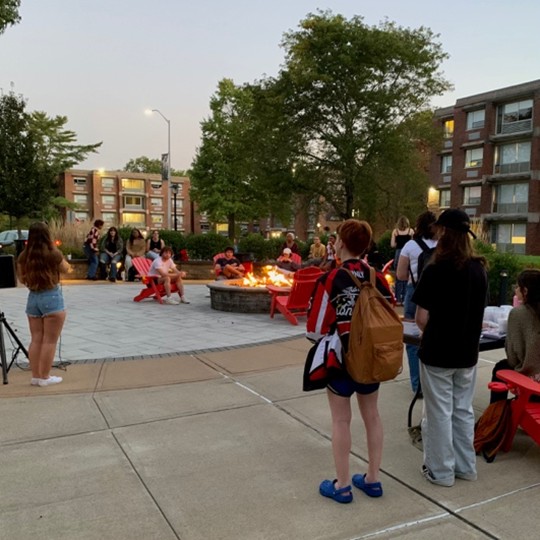CT Looking to Legalize Recreational Marijuana

April 3, 2019
This past Monday, the Connecticut legislature’s general law committee voted to advance the first of a series of bills which would eventually legalize recreational marijuana for adults twenty-one years of age and older. The bill will not only lay a foundation for the marijuana industry by legalizing the possession of up to 1.5 ounces of marijuana, but it also seeks to “help blunt the decades long damage done to African-Americans and Latinos by the war on drugs.” It has long been known that the criminal justice system is in need of serious reform and this bill seeks to mend the damage that has been done by allowing communities that have been adversely impacted by unfair arrests to pay lower licensing fees and giving individuals in these communities a preference in licensing. A companion piece of legislation, currently pending in the judiciary committee, would clear the records of low-level drug offenders, reducing the number of individuals currently residing in the nation’s severely overcrowded prisons. Senator Douglas McCrory stated in an interview that “we have an opportunity to correct a wrong, an opportunity to correct a racist law that’s on the books that was meant to incarcerate black and Latino people.” McCrory additionally stated that repealing such a law is not enough and strongly endorsed equity proposals. Although this bill represents a major step toward fully legalizing marijuana, there is still a lot more to be done before marijuana can be freely sold. Moreover, because the bill requires “owners of marijuana establishments who are not minority entrepreneurs to reinvest in communities disproportionately affected by the War on Drugs, perhaps by using revenue to help build schools or neighborhood centers, or by hiring people from those communities,” it is likely that controversy will soon arise. Many believe that such a requirement is unfair and represents a growing notion of reverse racism, as the specific Caucasian individuals involved would have had very little to do with the negative effects of the War on Drugs. Senator Kevin Witkos, for example, asserted that it would be incredibly unfair to place the needs of former criminals above those of law abiding citizens. In order for such a law to go into effect, the committees need to finish their research before they can come before the House and the Senate. The governor would also need to sign the bill before it would become a law. While similar legislation has been proposed in the past, none have been as detailed as this proposal. Supporters of recreational marijuana also believe that the fervor of new lawmakers who favor legalization will provide the necessary push. These new bills additionally include restrictions to discourage sale to minors which has helped reduce skepticism and general anxiety. While many fundamental details such as taxation and regulations have yet to be discussed, this bill represents the first major step toward the legalization of recreational marijuana.









